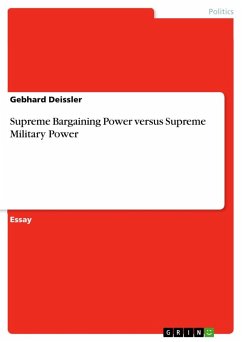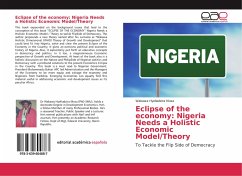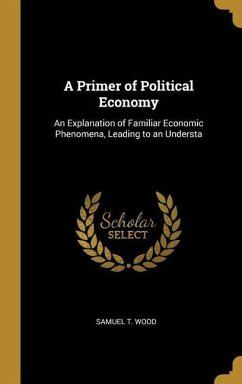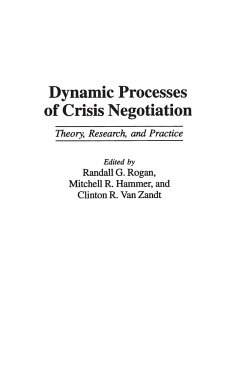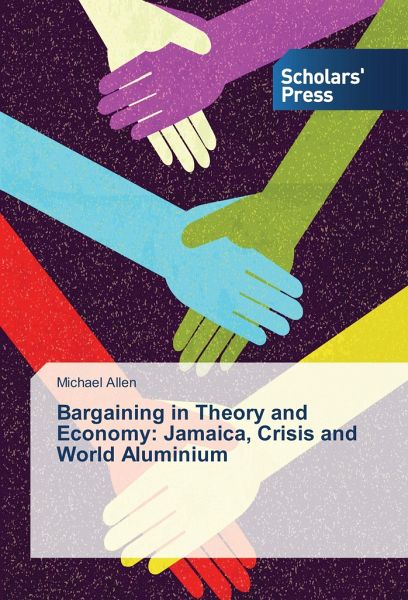
Bargaining in Theory and Economy: Jamaica, Crisis and World Aluminium
Versandkostenfrei!
Versandfertig in 6-10 Tagen
39,99 €
inkl. MwSt.

PAYBACK Punkte
20 °P sammeln!
This volume mines the case of bauxite negotiations in Jamaica during the world economic crisis of 1974 to develop bargaining theory for application in Political Economy and draw lessons for practical conflict-resolution. It should be of interest to scholars across the Social Sciences who work in fields of Conflict and Social Change, Dialectics,Peace Theory,Diplomacy,Business Negotiations,Formal Models and Game Theory,Caribbean Studies,Economic Nationalism,Political Economy of Aluminium and other Global Industries,and relations between transnational corporations and host governments in the Glob...
This volume mines the case of bauxite negotiations in Jamaica during the world economic crisis of 1974 to develop bargaining theory for application in Political Economy and draw lessons for practical conflict-resolution. It should be of interest to scholars across the Social Sciences who work in fields of Conflict and Social Change, Dialectics,Peace Theory,Diplomacy,Business Negotiations,Formal Models and Game Theory,Caribbean Studies,Economic Nationalism,Political Economy of Aluminium and other Global Industries,and relations between transnational corporations and host governments in the Global South. This book features a new theoretical synthesis that interprets formal models of conflict and resolution using a dialectical historical analysis that integrates the analyses of structural power and inter-subjective meanings within a coherent paradigm.






